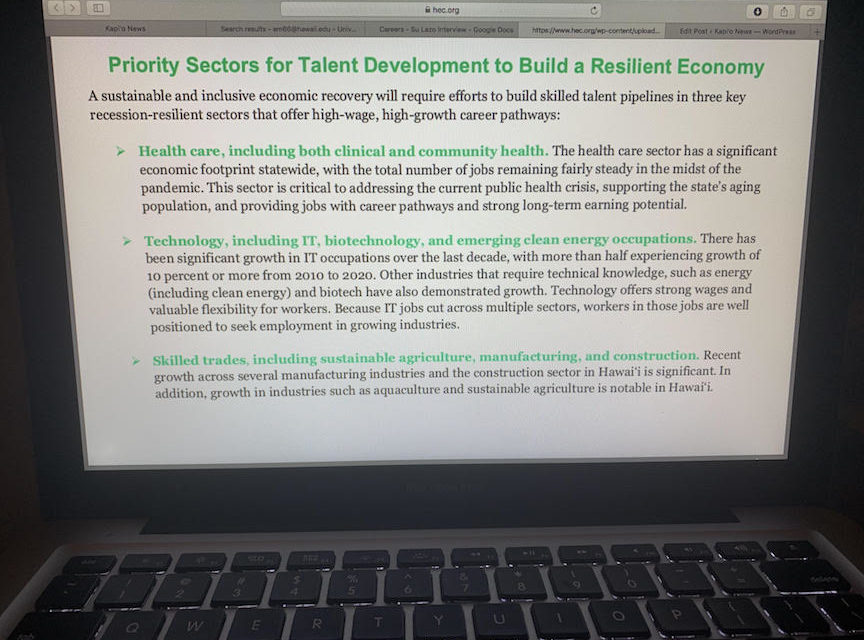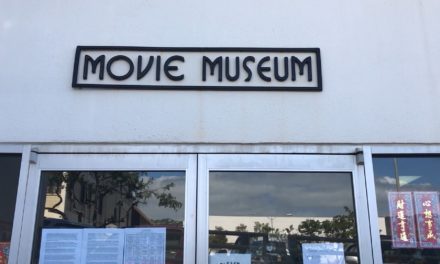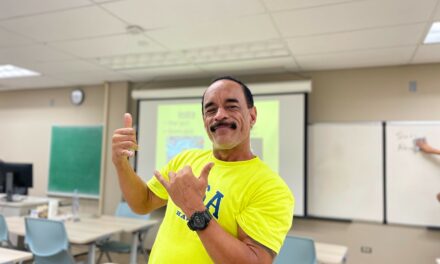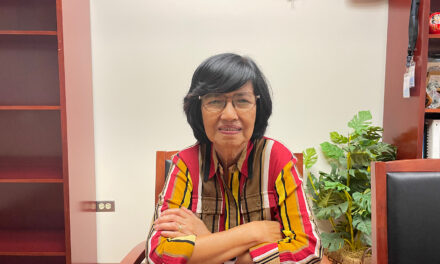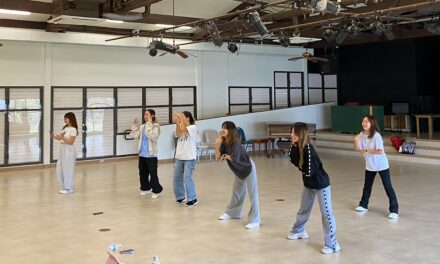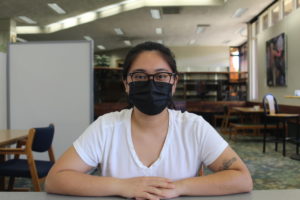By Estefania Magdalena | Staff Writer
Hawai‘i has been a tourist destination par excellence, but since the Covid-19 pandemic began, jobs in this industry as in many others, has ceased to be a possibility until further notice. Many people as a result of this situation wonder what they will live in the future, and what kind of professions are the most viable when it comes to thinking about job opportunities. At KapCC, the Employment Prep Center is dedicated to helping students resolve these concerns, and guiding them in choosing a career that is pandemic-proof and a good fit for what they seek in life.
“This pandemic is teaching us that we might have to do something else because what we love or do might not exist anymore or we might end up losing our jobs,” said Su Lazo, the interim coordinator of the EPC.
Faced with this wave of surprising changes, the pandemic has generated new paradigms, such as the “professions of the future.” The collateral damage of the virus has affected all areas of our lives, and this has also started to be important when it comes to analyzing what type of career can provide students with better job opportunities in the future.
Digital professions were already in high demand before the arrival of the pandemic, but experts are anticipating that with the arrival of the virus thousands of companies and businesses had to adapt to the digital age. Other career fields in high demand at the moment are healthcare, engineering, and technology.
Lazo said that the effects of the pandemic have been hard on the Hawai’i economy. But in turn, this presents the workforce with a new dilemma. She said she believes it is imperative that students begin to ask themselves if the careers and jobs they want to get are pandemic-proof.
Lazo said that there is an online Talent Roadmap that was developed by local and national organizations that identified where Hawai‘i should focus their efforts in terms of a workforce to help develop. The Talent Roadmap says that the three areas that the Hawai‘i workforce should put the focus on are healthcare, technology, and skill trades like manufacturing and construction.
Many jobs opportunities have declined and even disappeared since the pandemic began, but it is important to know that there is a counterpart to this event and that the pandemic has also created new jobs and forced people to reinvent themselves, and be creative and flexible when working. For example, the pandemic generated an increase in job opportunities related to grocery workers, personal shoppers, delivery driver, and cleaning and janitorial services.
“I think a lot of people had learned to depend on only one source of income before this pandemic,” Lazo said. “And with just one day they could just lose their jobs and their only source of income to support themselves. So are they thinking about diversifying their income?”
The Employment Prep Center gives students the tools they need to learn to think about certain questions when considering a job opportunity or career. The areas in which EPC works are: career assessment, career exploration, professional communication and job search.
“One of the organizations that I follow is Hawaiʻi Is Hiring and at the moment there are more than 25.000 job offers, so there are a lot of jobs out there, it depends on the industry,” Lazo said.
Lazo said that she thinks this pandemic has students questioning which career they want for their future so there are a couple of questions she would like students to think about before choosing a job. For example, is this industry or career or job they want pandemic-proof? Will there be job openings in the future? Will there be a demand for that service or product that they go to work for? What can they be doing right now so they can have the education, the experience and the skills for the job they want in the future?
It is crucial that the students ask themselves if they are considering jobs or careers that will help Hawaiʻi recover and become more resilient. At this time, Hawaiʻi needs the community more than ever, and the role the workforce will play in the state’s economy is critical to its recovery.
Lazo said the tourism industry will eventually come back and not go away because it is Hawaiʻi’s main workforce and income. But in turn, she said that it is necessary for people who want to work in this industry to ask themselves what kind of tourism they want to promote and be part of, such as high-end tourism or sustainable tourism to help the state be more resilient.
At the moment, the EPC is conducting their workshops, appointments, and job fairs via Zoom. For more information about the EPC, students can email gethired@hawaii.edu or schedule a virtual appointment at mysuccess.hawaii.edu.

